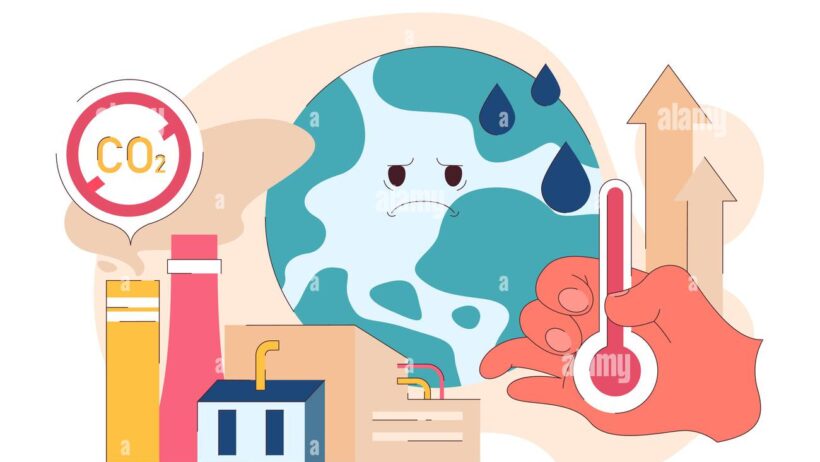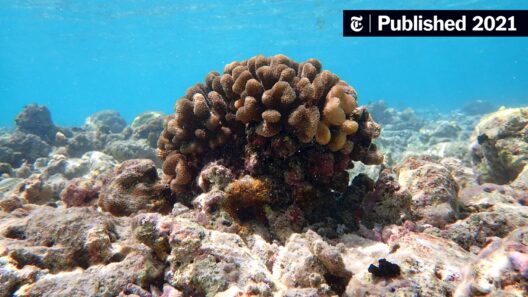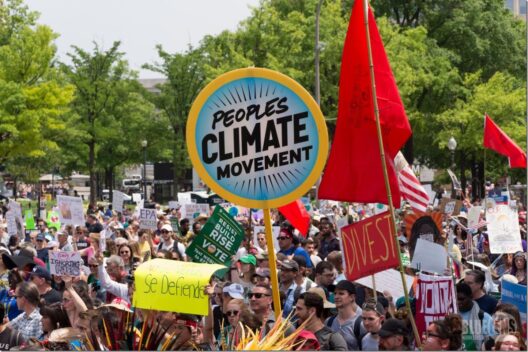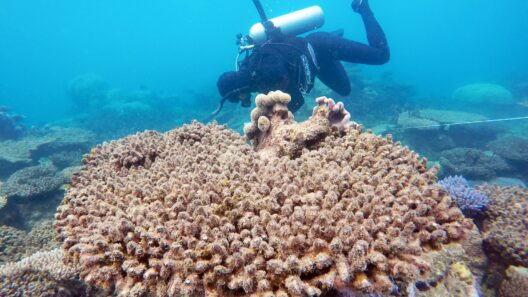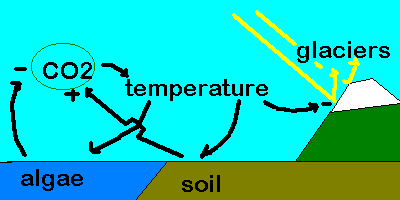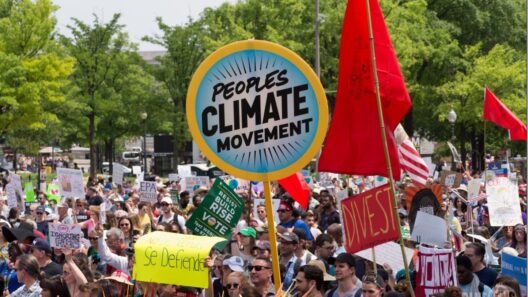Indonesia, an archipelago of over 17,000 islands, has emerged as a focal point in the global dialogue on climate change and environmental sustainability. The nation, blessed with rich biodiversity and vast natural resources, faces an ecological paradox. While its lush tropical forests are vital for carbon sequestration, they are also at the brink of destruction due to rampant deforestation and unsustainable practices. The urgent need for a green shift is evident, and Indonesia is harnessing this imperative to embrace sustainable practices that contribute to a cooler climate.
One of the most striking observations regarding Indonesia’s environmental landscape is the interconnection between economic development and environmental preservation. The archipelago’s economy has historically depended on sectors such as agriculture, forestry, and mining, which translate into significant carbon emissions and habitat loss. However, fostering sustainable practices presents a multifaceted opportunity to redefine progress. The burgeoning field of eco-tourism, for example, seeks to generate economic growth while protecting natural resources. This illustrates a fundamental cultural shift where the value of nature is recognized beyond its immediate economic benefits.
Indonesia’s government has made strides towards a green economy through various initiatives and regulations. The National Medium-Term Development Plan (RPJMN) emphasizes sustainability and seeks to balance economic growth with environmental conservation. In 2020, the government committed to reduce greenhouse gas emissions by 29% by 2030, a promise ratified under the Paris Agreement framework. This ambitious target reflects an understanding that climate action must be woven into national policies and priorities. Yet, the complexities of implementation reveal a deeper labyrinth of challenges that must be addressed.
There exists a delicate tension between conservation efforts and the needs of local communities. Rural populations often rely on natural resources for their livelihoods, making it crucial to integrate their voices into policy-making. The shift towards sustainable practices must be inclusive, allowing for local communities to participate actively in the stewardship of their environment. This participatory approach not only fosters greater accountability but also enhances the efficacy of conservation initiatives. The empowerment of indigenous communities, who possess invaluable traditional knowledge, can play a pivotal role in achieving sustainable resource management.
Indonesia’s commitment to protecting its forests, particularly through the moratorium on new palm oil plantations, serves as a poignant example of this green paradigm shift. The palm oil industry has often been synonymous with deforestation, but a growing movement within the country advocates for sustainable palm oil production. Initiatives such as the Roundtable on Sustainable Palm Oil (RSPO) promote sustainable practices among producers. By aligning environmental goals with lucrative market opportunities, Indonesia can pivot away from destructive practices towards more responsible production methods.
Innovation plays a crucial role in amplifying Indonesia’s green shift. The nation’s burgeoning technology sector has started leveraging advancements in data analytics, artificial intelligence, and renewable energy solutions to devise smarter, greener alternatives. For instance, solar energy programs are gaining traction, particularly in remote regions where electricity access remains a challenge. These decentralised energy solutions not only reduce reliance on fossil fuels but also democratize energy access, paving the way for rural communities to thrive economically while concurrently lessening their carbon footprint.
Moreover, policy frameworks must be conducive to fostering innovation while ensuring environmental integrity. The government is increasingly recognizing the need for infrastructure that supports sustainable transport, such as electric vehicle (EV) initiatives, which aim to curtail emissions from one of the most pollution-heavy sectors. Investment in EV infrastructure can facilitate a significant reduction in urban air pollution, improving the overall quality of life for Indonesian citizens. Corporate collaboration and public-private partnerships are also essential to catalyze the necessary investments in clean technologies.
Indonesian youth are becoming pivotal advocates for this green shift. A wave of environmental activism has swept across the nation, largely led by younger generations who are increasingly aware of the climate crisis. Social media platforms have become instrumental in mobilizing efforts for change, wherein passionate voices advocate for sustainable practices, climate justice, and a reimagination of the country’s ecological footprint. The resonance of youth activism reflects a broader societal acknowledgment that immediate action is indispensable in combatting climate change.
Nevertheless, the path toward a sustainable Indonesia is strewn with obstacles. Institutional corruption, insufficient enforcement of environmental regulations, and a lack of cohesive strategies often hamstring progress. Stakeholders must collaborate across different sectors to resolve conflicting interests and prioritize a shared vision for sustainability. International cooperation can also bolster these efforts, as Indonesia can learn from best practices and innovations from other countries while sharing its rich biodiversity insights.
Climate change is not merely a challenge for Indonesia; it represents a global call to action. The nation’s strategic positioning within Southeast Asia, coupled with its diverse ecosystems, allows it to play a crucial role in international climate treaties. By continuing to prioritize sustainable practices, Indonesia has the potential to emerge as a global leader in environmental stewardship.
Ultimately, the narrative of Indonesia’s green shift extends beyond policy and economics; it encapsulates a profound understanding of humanity’s relationship with nature. The interplay of ecological integrity, social equity, and economic viability forms the foundation for a resilient future. This journey towards sustainability necessitates collective responsibility and a commitment to rethinking development through a lens that places the planet’s health at its core.



